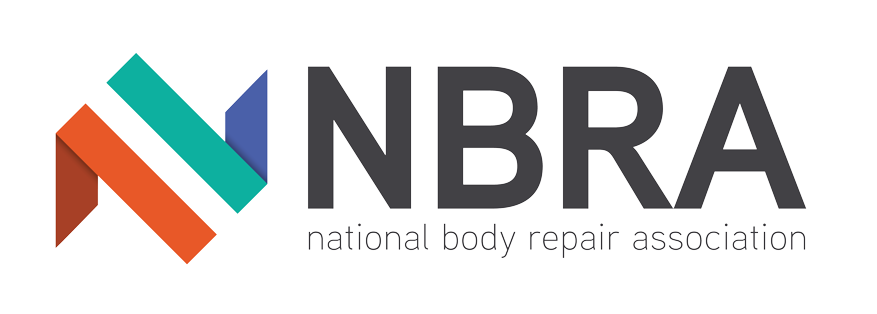
No, held the EAT in Aleem v E-Act Academy Trust Ltd.
This case involved a teacher who had developed mental health issues and as a result was unable to teach. As the issues were sufficiently serious, they were deemed a disability and her employer moved her to an alternative role as a reasonable adjustment. As this role attracted lower pay Ms Aleem was paid for a period of 3 months on her higher salary during which time her employer clearly stated this was a temporary measure during her probationary period in the new role. When the role became permanent Ms Aleem’s pay was reduced and employment tribunal proceedings were instigated on the basis that she felt that the pay reduction was discriminatory, and it was a reasonable adjustment for her pay to be kept at the higher rate.
At the initial hearing the Tribunal dismissed her claim to be paid at the higher rate and found this was not a reasonable adjustment.
On appeal the EAT supported this finding. The EAT found that whilst it was reasonable to continue to pay the higher rate during any probationary period and whilst a grievance was being raised, as the higher pay was clearly and consistently a temporary measure once this was completed it would be wholly unreasonable for this to continue.
In conclusion
This case is a welcome clarification for employers. It is interesting to note that this case particularly addressed issues from the earlier case of G4S Cash Solutions (UK) Ltd v Powell, which found that continuing a higher rate of pay for a lower paid position would be a reasonable adjustment. It is clear now that this will not always be the case.
It is important to note that one of the key differences are the actions of the employers in these cases. In Powell , the employer stated that the previous pay level would be continued as part of an agreement to return to work. In Aleem, the Employer had clearly stated at all times that the higher pay was a temporary measure and that her pay would be adjusted after the grievance and probation period concluded and the Claimant accepted the job on this basis. It is therefore vital that employers are clear in their communications, particularly if any adjustments are or may be temporary. Provided employers are clear at all times, the long-established principle that it will rarely, if ever, be a reasonable adjustment to continue pay for a role that the employee is no longer performing.
As always, this advice is general in nature and will need to be tailored to any one particular situation. As an RMI member you have access to the RMI Legal advice line, as well as a number of industry experts for your assistance. Should you find yourself in the situation above, contact us at any stage for advice and assistance as appropriate.
Motor Industry Legal Services
Motor Industry Legal Services (MILS Legal Ltd) provides fully comprehensive legal advice and representation to UK motor retailers for one annual fee. It is the only law firm in the UK which specialises in motor law and motor trade law. MILS currently advises over 1,000 individual businesses within the sector as well as the Retail Motor Industry Federation (RMI) and its members.



